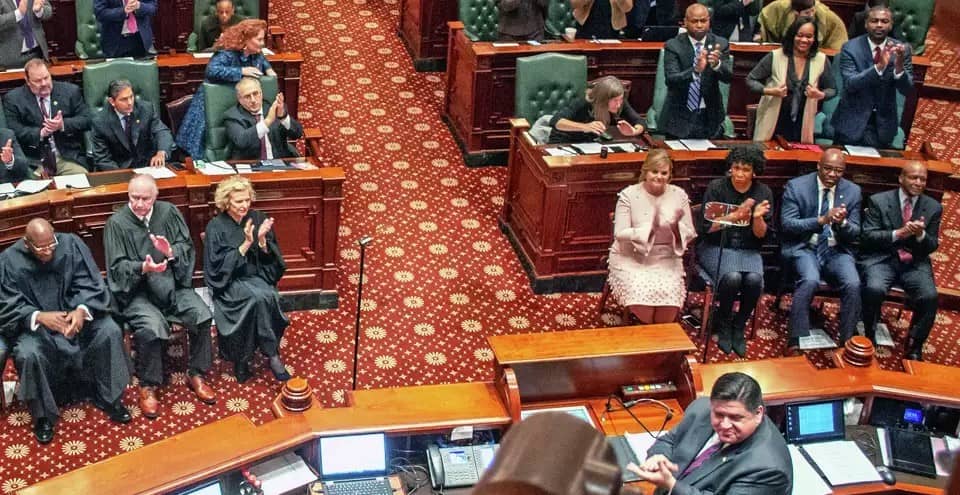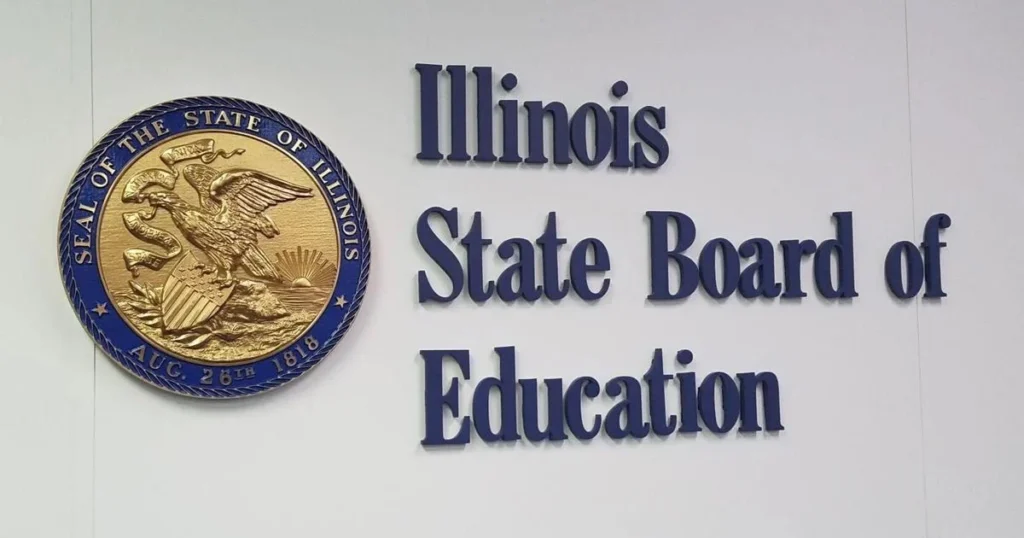Illinois has long grappled with significant budget challenges, ranging from mounting pension debt to chronic deficits and a backlog of unpaid bills.
These fiscal woes have hampered the state’s ability to invest in critical areas such as education, infrastructure, and social services. In response to these ongoing issues, a comprehensive plan dubbed “Van’s Fiscal Responsibility Approach” has been proposed to address the root causes of Illinois’ financial struggles and chart a path toward sustainable fiscal health.
Understanding the Current Fiscal Landscape
Before delving into the specifics of Van’s approach, it’s crucial to understand the scope of Illinois’ budget challenges. Several key issues have plagued the state:
- Unfunded pension liabilities exceeding $140 billion
- A persistent structural deficit, where expenditures consistently outpace revenues
- A backlog of unpaid bills that has at times exceeded $16 billion
- Low credit ratings that increase borrowing costs
- An exodus of residents and businesses, eroding the tax base
These challenges have created a vicious cycle, where financial instability leads to higher costs and reduced revenues, further exacerbating the state’s fiscal woes.
Key Components of Van’s Fiscal Responsibility Approach
Van’s plan takes a multi-faceted approach to addressing Illinois’ budget challenges, focusing on both short-term stabilization and long-term structural reforms. The key components of this strategy include:
1. Pension Reform
Addressing the state’s massive unfunded pension liabilities is a cornerstone of Van’s approach. The plan proposes a combination of measures, including:
- Constitutional amendment to modify the pension protection clause
- Transitioning new employees to a hybrid defined benefit/defined contribution system
- Offering voluntary buyouts to current pensioners
- Exploring pension obligation bonds to reduce short-term pressure
2. Spending Controls and Prioritization
To address the structural deficit, Van’s plan calls for a thorough review of state spending and the implementation of strict budgetary controls. This includes:
- Zero-based budgeting for all state agencies
- Performance-based funding for programs and services
- Consolidation of redundant agencies and programs
- Implementation of a multi-year budgeting process to improve long-term planning
3. Revenue Enhancement and Tax Reform
While focusing primarily on controlling spending, Van’s approach also recognizes the need for targeted revenue enhancements and tax reforms to create a more stable and equitable fiscal environment. Proposals include:
- Broadening the sales tax base to include more services
- Implementing a graduated income tax system
- Closing corporate tax loopholes
- Exploring new revenue sources, such as legalized sports betting and marijuana
4. Economic Growth and Job Creation
Recognizing that a thriving economy is essential for long-term fiscal health, Van’s plan includes measures to stimulate economic growth and job creation, such as:
- Streamlining business regulations and permitting processes
- Investing in workforce development and vocational training
- Providing targeted tax incentives for high-growth industries
- Improving infrastructure to attract and retain businesses
5. Debt Management and Credit Improvement
To address the state’s credit rating issues and high borrowing costs, the plan proposes:
- Developing a comprehensive debt reduction strategy
- Establishing a rainy day fund to improve fiscal stability
- Implementing stricter controls on bond issuance
- Engaging with credit rating agencies to improve the state’s standing
Implementation and Timeline
Van’s Fiscal Responsibility Approach recognizes that addressing Illinois’ budget challenges will require sustained effort over many years. The plan proposes a phased implementation:
- Phase 1 (Years 1-2): Focus on immediate stabilization measures, including spending controls and initial pension reforms
- Phase 2 (Years 3-5): Implement structural reforms, including tax changes and economic growth initiatives
- Phase 3 (Years 6-10): Long-term debt reduction and continued fiscal optimization
Throughout the implementation process, the plan calls for regular progress reviews and adjustments based on changing economic conditions and the effectiveness of various measures.
Challenges and Criticisms
While Van’s Fiscal Responsibility Approach offers a comprehensive strategy for addressing Illinois’ budget challenges, it is not without its critics. Some of the main points of contention include:
- Constitutional hurdles to pension reform
- Potential resistance to tax increases or spending cuts from various stakeholders
- Concerns about the impact of austerity measures on vulnerable populations
- Skepticism about the feasibility of achieving significant economic growth in the short term
Proponents of the plan argue that these challenges, while significant, pale in comparison to the long-term consequences of inaction.
Tackling Illinois’ budget challenges requires a bold, comprehensive approach that addresses both immediate fiscal pressures and long-term structural issues.
Van’s Fiscal Responsibility Approach offers a roadmap for achieving sustainable fiscal health through a combination of spending controls, revenue enhancements, economic growth initiatives, and structural reforms. While the path forward may be challenging, the potential rewards of fiscal stability, improved credit ratings, and enhanced public services make this a worthy endeavor for the future of Illinois and its residents.



